|
Reporters of Hue Newspaper, Radio and Television working in Quang Dien commune |
Delegate Nguyen Thi Suu - Deputy Head of the National Assembly Delegation of Hue City made such a comment when talking about the Press Law (amended). This is not only an issue that receives attention from the press team but also from public opinion.
Clarifying the provisions on protection of information providers
Carefully studying the draft law, Ms. Suu focused on analyzing the protection of personal information in Article 31 on the responsibility of press agencies when opening content channels on cyberspace, but current regulations do not set out the obligation to protect personal information of information providers. In the context of the press shifting strongly to the digital environment, a large amount of citizens' information has been transferred through online channels from denunciations to investigation documents, photos, videos , identification data, etc. This leads to a very obvious consequence that information providers are easily exposed to the identity of press agencies when they are attacked by cyberattacks or are poorly managed.
Therefore, Ms. Suu proposed to add to Article 31 the obligation to protect personal information with two specific contents: prohibiting the disclosure or misuse of personal information of information providers unless they agree or upon written request of judicial authorities; requiring press agencies to apply identity protection measures, especially when publishing sensitive information. "This is a universal standard according to international practice, in accordance with the international convention on civil and political rights and in accordance with the law on personal data protection," Ms. Suu emphasized.
Discussing further in Clause 3, Article 32, according to Ms. Suu, currently, information related to the case under investigation is allowed to be posted but there is no mechanism to protect the information provider, which creates a major problem. In the investigation of the press, there are many anonymous sources providing information because of the desire to protect the common interest, but in reality, there are many cases where information providers are threatened, retaliated against, attacked on social networks, have their identities revealed when the press uses information carelessly or have their identities exposed at the investigation agency because the press does not have regulations requiring concealment.
Clause 3 also does not define the responsibility to protect the information provider, there are no regulations on handling leaked identities, and there is no obligation to compensate for damages. Therefore, Ms. Suu proposed to rewrite Clause 3 to clearly stipulate that the press has the obligation to protect information providers related to the case under investigation; add the obligation to apologize, correct and compensate for damages if the identity disclosure incident causes damage to the information provider.
More clarity on press use of AI
Discussing the protection of Article 32, Clause 4, the Deputy Head of the Delegation of National Assembly Deputies of Hue City acknowledged that the regulation that the press must protect the identity of information providers is only at the principle level, the scope of protection is unclear and there is a lack of coordination mechanism between the press and judicial agencies. This can easily lead to the fact that no agency is ultimately responsible and information providers are still facing great risks. Therefore, it is proposed to clearly establish the scope and form of identity protection by means of anonymity, information format encryption, legal support when information providers are sued or investigated, and personal safety support if they are threatened.
Along with that, a new clause is added to regulate the coordination mechanism between the press and the judiciary: press agencies must cooperate with necessary information so that the judiciary can protect the information provider and must not disclose personal information without permission.
Referring to the legal responsibility for posting false information in Article 35, delegate Nguyen Thi Suu pointed out that this article currently only stipulates the obligation to correct when the press publishes false information, but has not clearly defined the responsibility for compensation, correction and confidentiality of the information provider when a dispute occurs.
According to Ms. Suu, in reality, in many cases, information providers are severely affected, especially when the press takes information from them but does not verify or handles the information irresponsibly. Therefore, it is necessary to add to Clause 1, Article 35 the obligation to protect the identity of information providers even when the source of information is incorrect; and to add sanctions when the press agency fails to make or delays corrections, including administrative sanctions or compensation requests.
“Countries with developed press industries such as the UK, Japan, Canada, etc. all impose strict legal responsibilities on the press when using false sources of information, and Vietnam needs to follow this direction to ensure effectiveness,” Ms. Suu cited.
Another issue that the female National Assembly member is concerned about is the application of artificial intelligence (AI) in journalism and believes that Clause 3, Article 39 on copyright in the field of journalism mentions the use of AI, but the current regulations are too sketchy while the risks are extremely high. Therefore, Ms. Suu also proposed to rewrite Clause 3, Article 39 to clearly stipulate that the use of AI must comply with the Law on Personal Data Protection and related regulations, and at the same time add the obligations of press agencies in controlling AI, being responsible for the accuracy, objectivity and professional ethics when using this technology.
N. MINH
Source: https://huengaynay.vn/chinh-tri-xa-hoi/theo-dong-thoi-su/sua-doi-luat-bao-chi-tu-bao-ve-nguon-tin-den-ung-dung-ai-160294.html


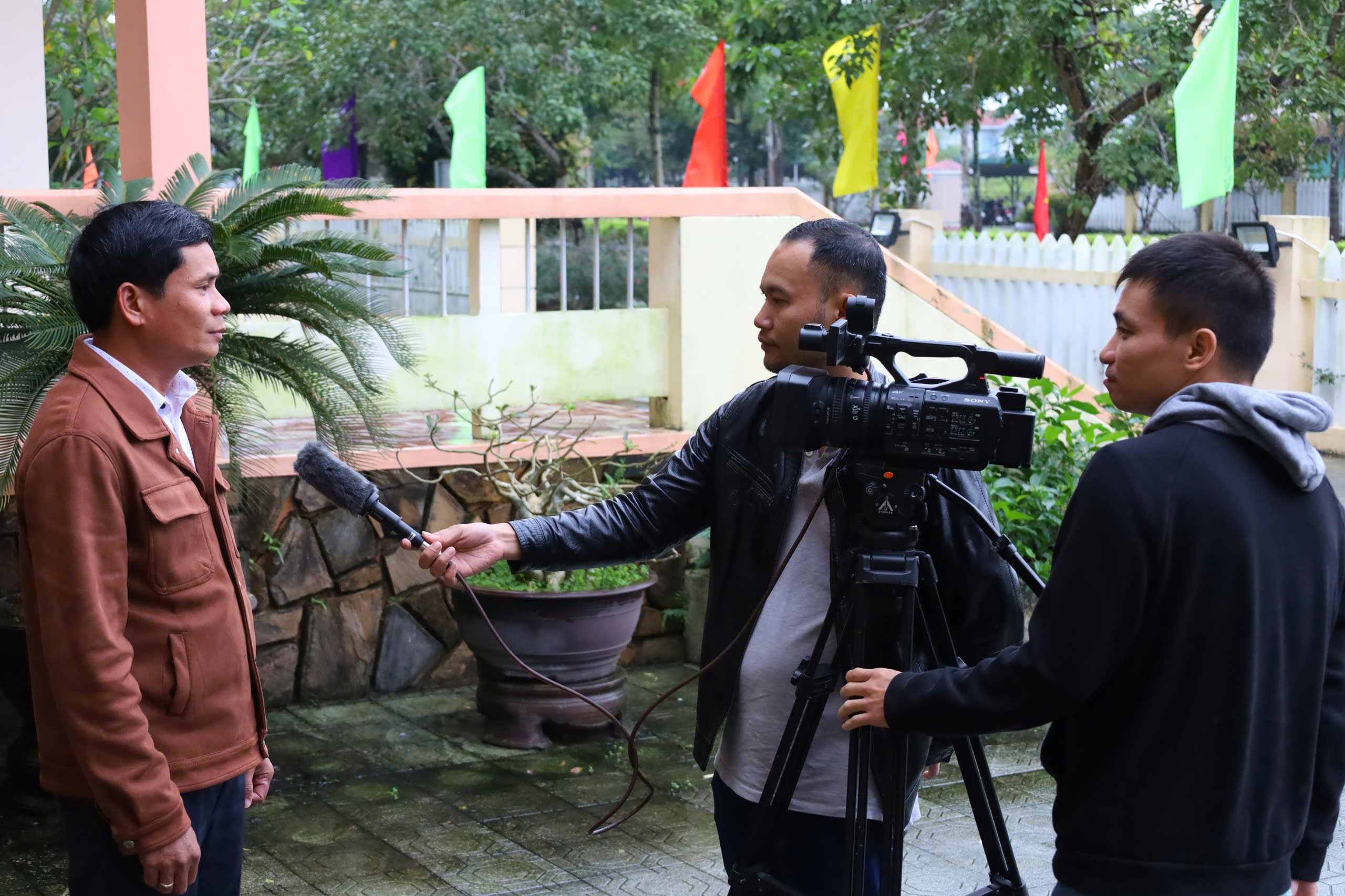
![[Photo] Close-up of heavy damage at the school located on the banks of the Ban Thach River](/_next/image?url=https%3A%2F%2Fvphoto.vietnam.vn%2Fthumb%2F1200x675%2Fvietnam%2Fresource%2FIMAGE%2F2025%2F11%2F26%2F1764152130492_ndo_bl_img-8188-8805-jpg.webp&w=3840&q=75)





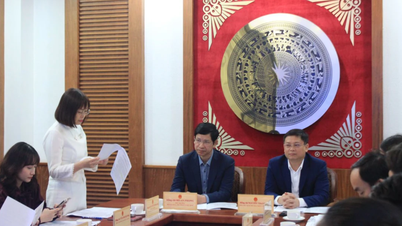

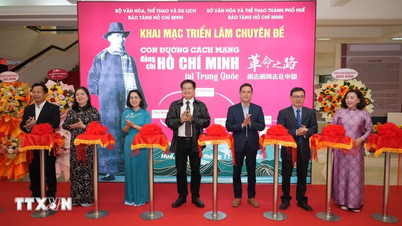

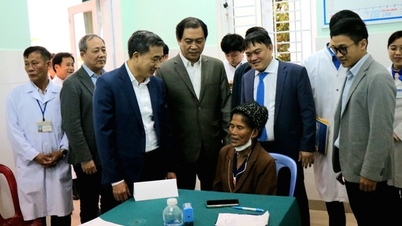



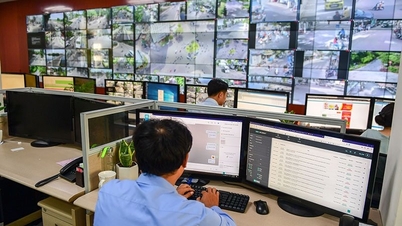

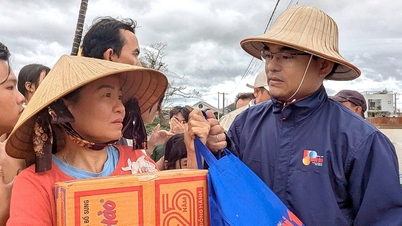

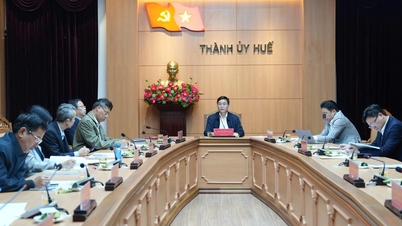
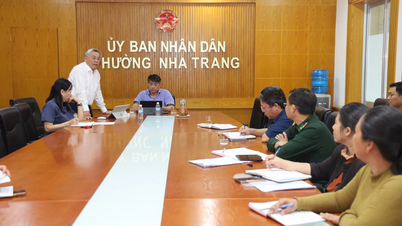

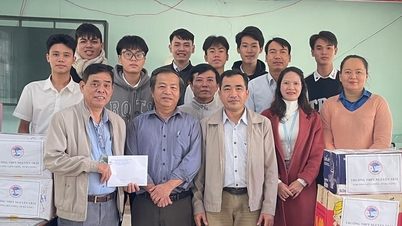

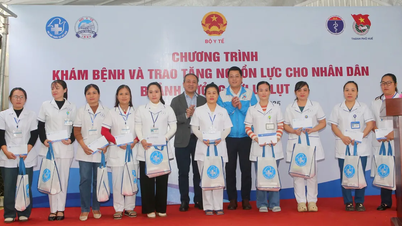

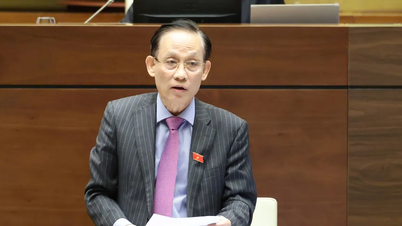






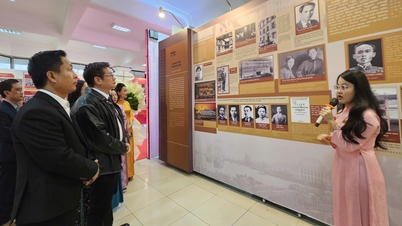
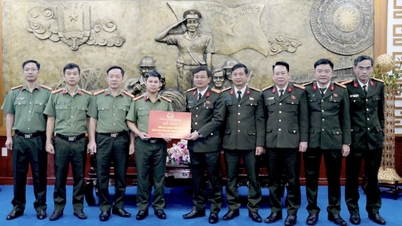
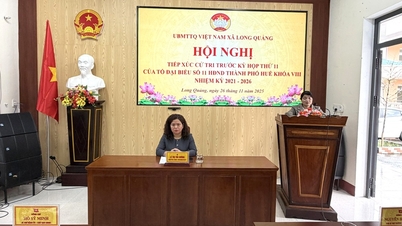
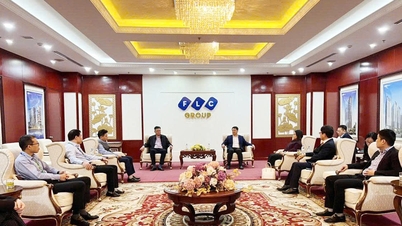
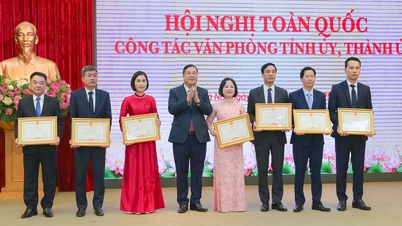
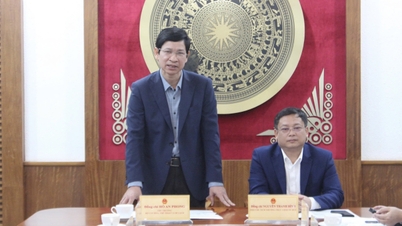




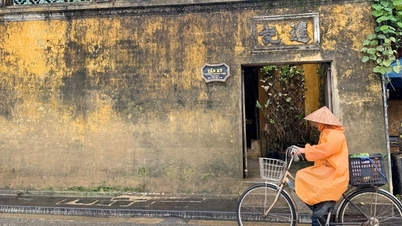



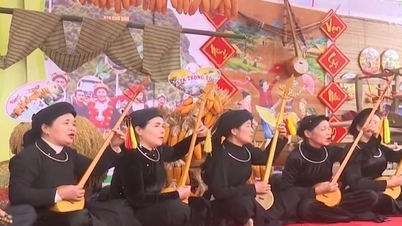

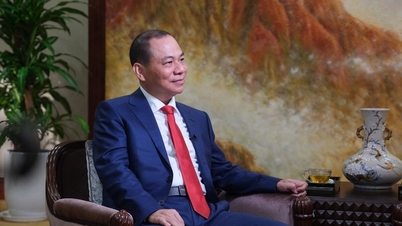
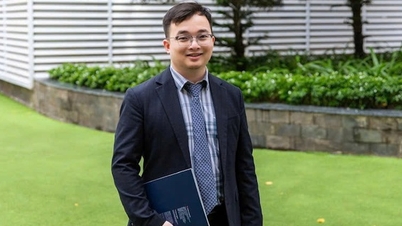

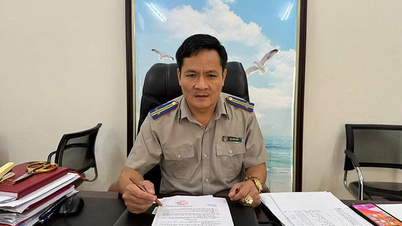

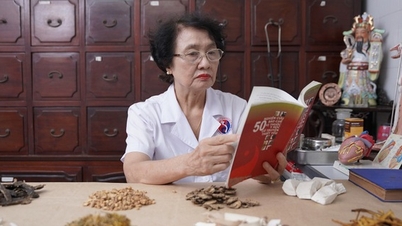
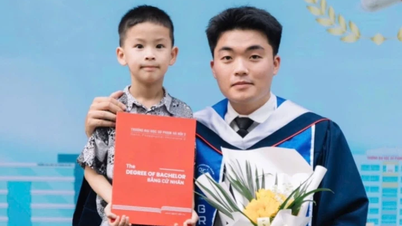

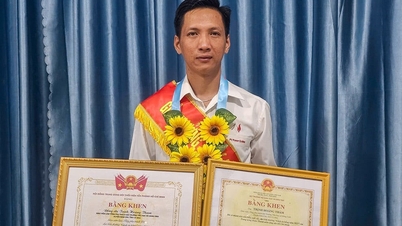

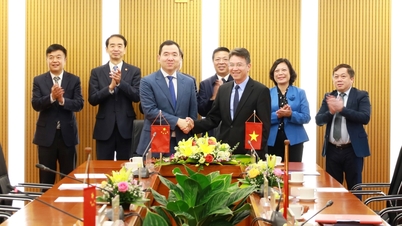


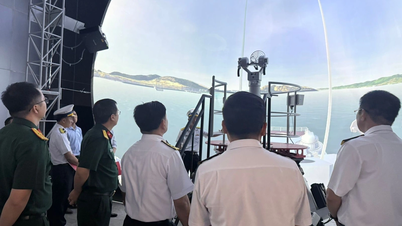
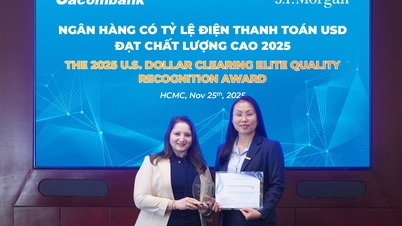

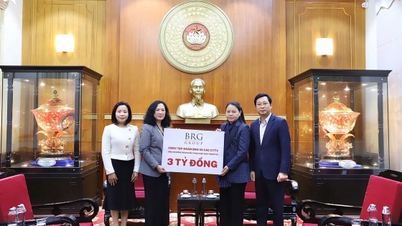

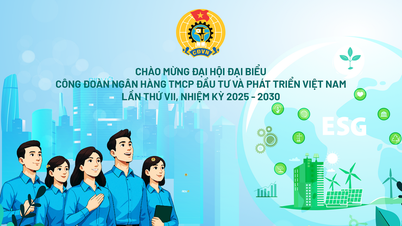






![[Photo] Opening of the 28th Session of the Hanoi People's Council](https://vphoto.vietnam.vn/thumb/402x226/vietnam/resource/IMAGE/2025/11/26/1764155991133_image.jpeg)



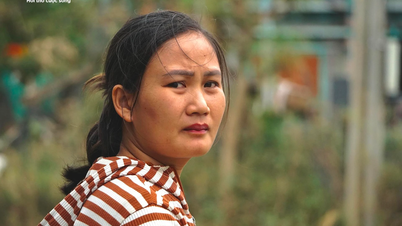


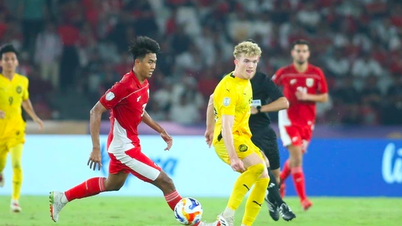
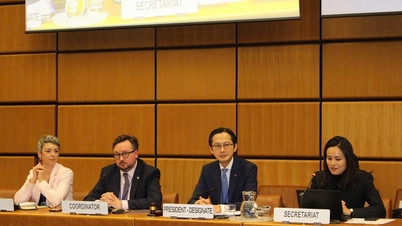

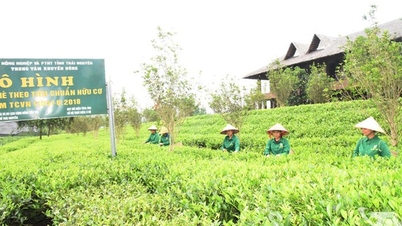
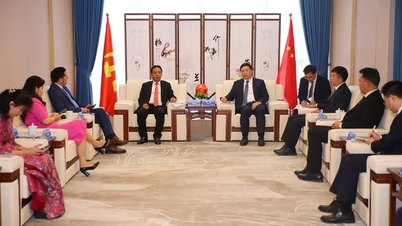



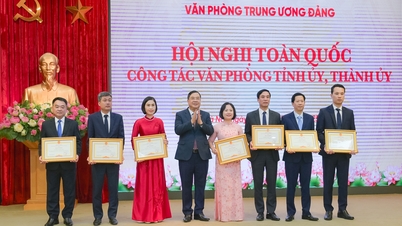

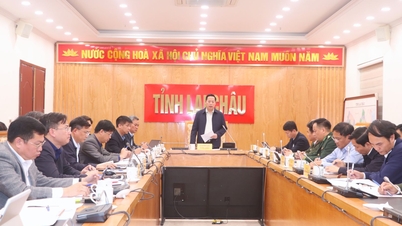
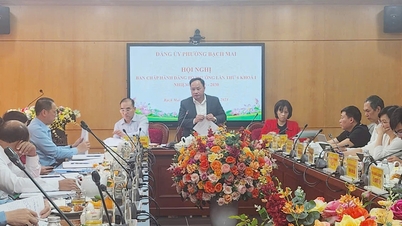
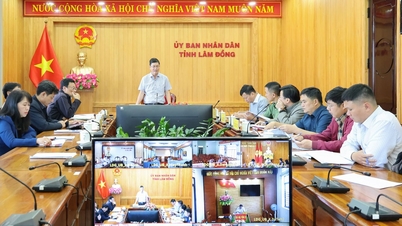











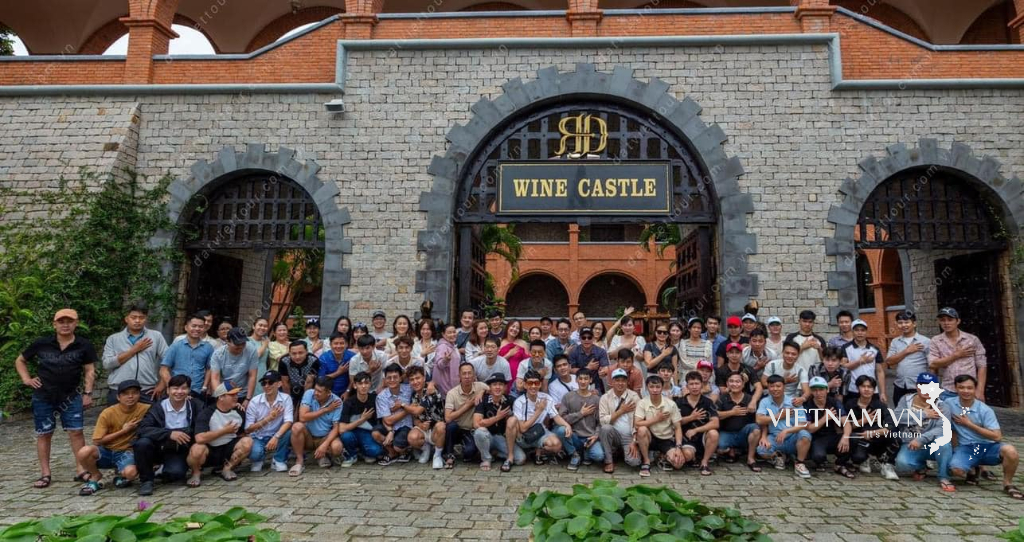
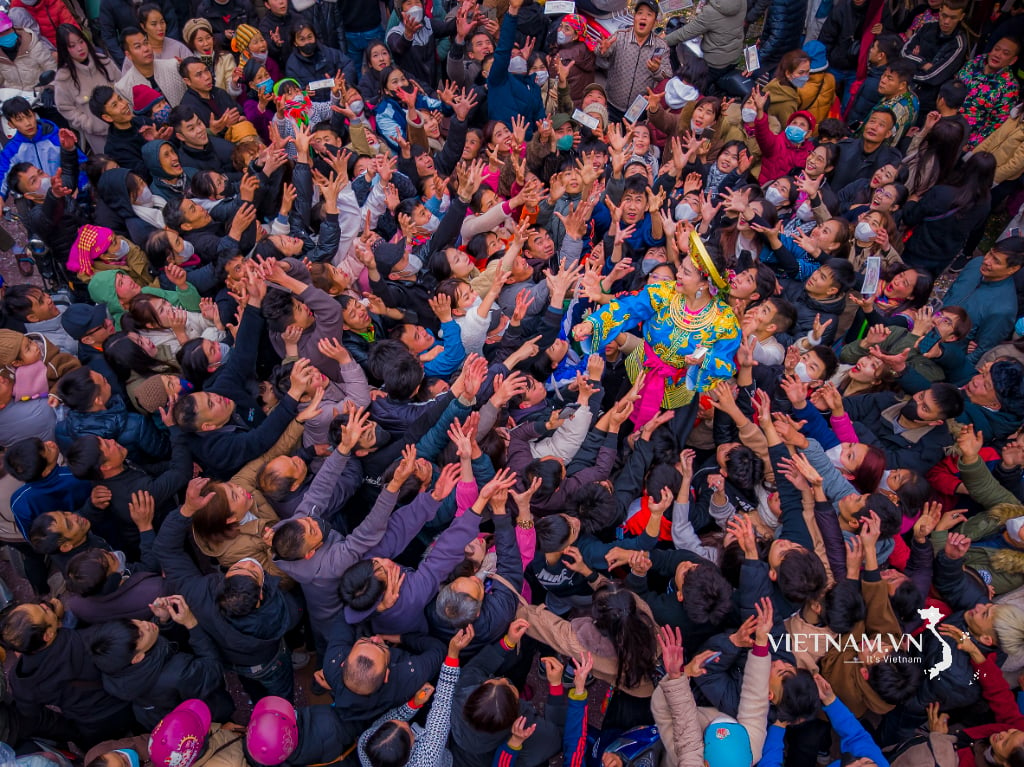
Comment (0)